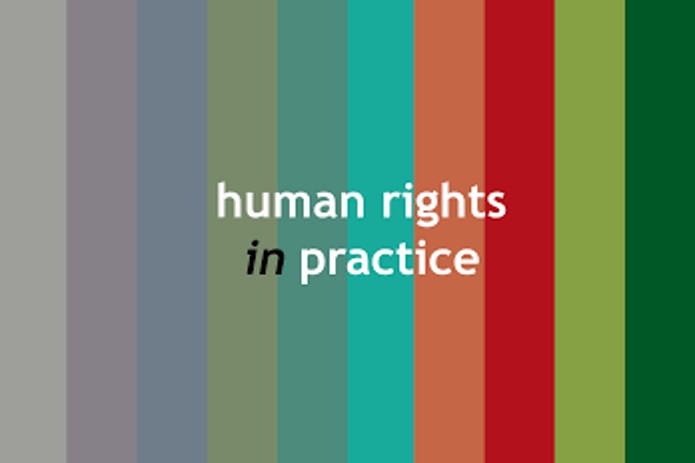LONDON, UK — August 23, 2023 — (NOTICIAS NEWSWIRE) — The Follow Up mechanism of the United Nations Human Rights Committee (UNHRC) has issued a report concluding that Spain has failed to implement the Committee’s decision in the case of Garzón v. Spain. The report, which was sent to Helen Duffy of Human Rights in Practice as international legal representative of Baltasar Garzón on 15 August, concerns the implementation of the ground breaking decision of 25 August 2021.
In that August 2021 decision, the UNHRC found multiple violations of the Baltasar Garzón’s human rights as a result of his arbitrary dismissal and criminal prosecution based on his judicial interpretations in the Franquismo and Gürtel cases (related to the investigation of crimes against humanity and high-level corruption).
The Committee established that the criminal processes were arbitrary, that his conviction for investigating the Gürtel case was based on a process that was an unforeseeable application of criminal law, lacked basic safeguards of impartiality and fair trial and denied him the right of appeal. More information in English on the background and that decision are here.
On that occasion, the UN body clearly and forcefully determined that Spain should make full reparation (‘reparación integral’) to the former judge of the Audiencia Nacional and asked the Spanish government to report on the measures taken in this regard within 180 days. Two years on, Spain has shown blatant disregard for the authority of the UN Human Rights Committee and its binding international obligations under the International Covenant on Civil and Political Rights. In its belated responses to the UNHRC it has failed to indicate any meaningful steps towards providing the required “integral reparation.” Under international law, in the face of violations, states are obliged to provide reparation that includes restitution, compensation and “guarantees of non-repetition” to ensure that such cases cannot arise in the future. In a case such as this, this includes payment of damages, the “expungement” of unjustified criminal records and undertaking the legal and judicial reform which is necessary to safeguard judicial independence. As some UNHRC members pointed out in the 2021 decision, reparation also implicitly implies restitution in the form of reinstatement of the victim to their former judicial role.
Spain’s failure to take any of the necessary measures to this end has led to a new condemnatory resolution by the Committee’s monitoring mechanism which finds as follows:
• On compensation and expungement of criminal records, the Spanish government’s response is considered “unsatisfactory”, because “it is not relevant or does not implement the recommendation.”
• In terms of the broader measures needed to ensure non-repetition, the findings are clearer as the state’s response “goes against or rejects” the UN body’s recommendation.
Baltasar Garzón has repeatedly sought to engage the Government to secure compliance with the decision, directly and through the UNHRC monitoring mechanism. The recent findings again vindicate his claims in respect of Spain’s failure to meet its international obligations in his case and its disregard for the authority of the UN body.
This resolution of the UN Rapporteur on Follow-up, which also denounces non-compliance by other countries such as Angola, Kyrgyzstan, Kazakhstan and Ukraine, states that it will continue to seek to engage with the Spanish government to ensure full implementation. It is essential that the government responds promptly and effectively to demonstrate that it takes its international obligations and the UNHRC process seriously.
Meanwhile, Baltasar Garzón will continue to demand that the Spanish government complies with the Committee’s ruling and respond to the arbitrary termination of his career as a judge and the striking attack on judicial independence that his case represents.


